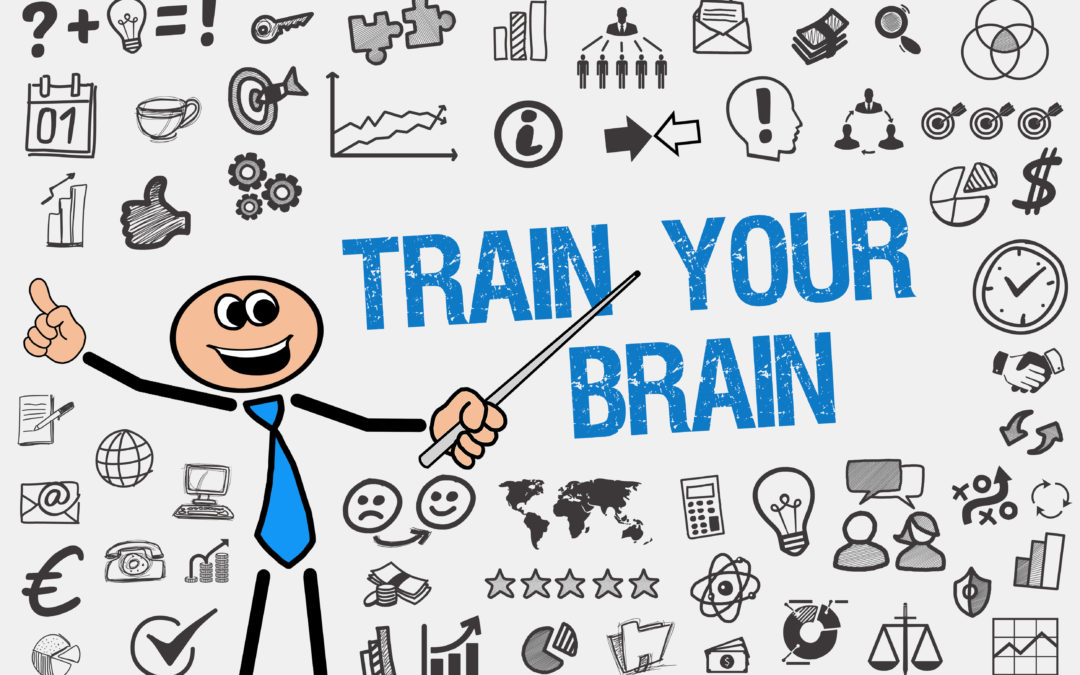As we age, it is very common to begin forgetting a lot. Maybe you stepped into the kitchen this morning, and couldn’t remember why. Or maybe you missed your doctor’s appointment the other day, because your memory slipped. Although memory lapses can occur at any stage in life, it often occurs as we become older.
Just like you would exercise your body to maintain overall health and strength, you can also exercise your brain to maximize its memory strength.
Here are some ways to boost your brain power and reduce your chances of memory loss:
1) Never Stop Learning
If you stay mentally active, chances are you will experience less memory loss. There is a reason why those with a higher level of education have less issues with memory loss. These folks are always keeping their brains active by learning new material and reading all the time. Challenging your brain to learn new material, and constantly reading, is considered to be mental exercise.
Some challenging activities for your brain can include reading a new book, playing chess, and pursuing music or art. Also, if you’ve been wanting to pick up on a new skill, now is the time to do that. The key is, keep learning.
2) Use All Five Senses
The brain retains memories through the senses. The more you challenge your senses, the better for your brain. For instance, try closing your eyes and smelling something. What does it smell like? Does it bring up any memories?
If you’re up for a bigger challenge, try smelling a dish at a restaurant. Ask yourself what the ingredients may be.
3) Don’t Stop Believing
This is important. Never stop believing in yourself. Don’t listen to the negative stereotypes about aging leading to memory loss. Sadly, many people fall into the trap of believing that, and allow themselves to experience a decline in their cognitive abilities. Believe in yourself, and keep exercising your brain no matter what anyone tells you. It is up to you to believe that you are capable of improving your brain function.
4) Stay Organized
Instead of depending on your brain to remember the little things, like where you left your car keys, try designating a spot in the house for your car keys. Also, to stay better organized, use a planner, address book, and file folders. Another way to stay organized is to remove all clutter from your home or office. This will help with getting distracted less, which will help you stay focused on more important things.
5) Repeat, Repeat, Repeat
A good strategy to use when you learn something new is to repeat it. If you read something, try writing it down, or saying it out loud. A good way to use this strategy daily is when you meet someone new. When they tell you their name, remember it, then address that person by their name as you speak. This strategy helps sharpen your memory.
6) Don’t Cram
Although repetition is key when learning new material, it needs to be spaced out. Rather than cramming new information all at once, you should strive to space it out over longer periods of time, such as once every few hours. By doing so, your brain will be happy, and you will retain much more information.
7) Exercise
One of the many positive effects that exercising has on the body is it keeps the brain sharp. You don’t have to participate in difficult exercises to maintain optimum brain health, either. Try walking 30 minutes every day. The movement from walking will help bring oxygen to the brain.
Although memory loss is common for the aging brain, there are ways to combat it. Simply follow these tips, and sharpen your brain at any age.
Remember, it is up to you to reverse memory loss. Keep believing in yourself, and exercise your brain daily.


